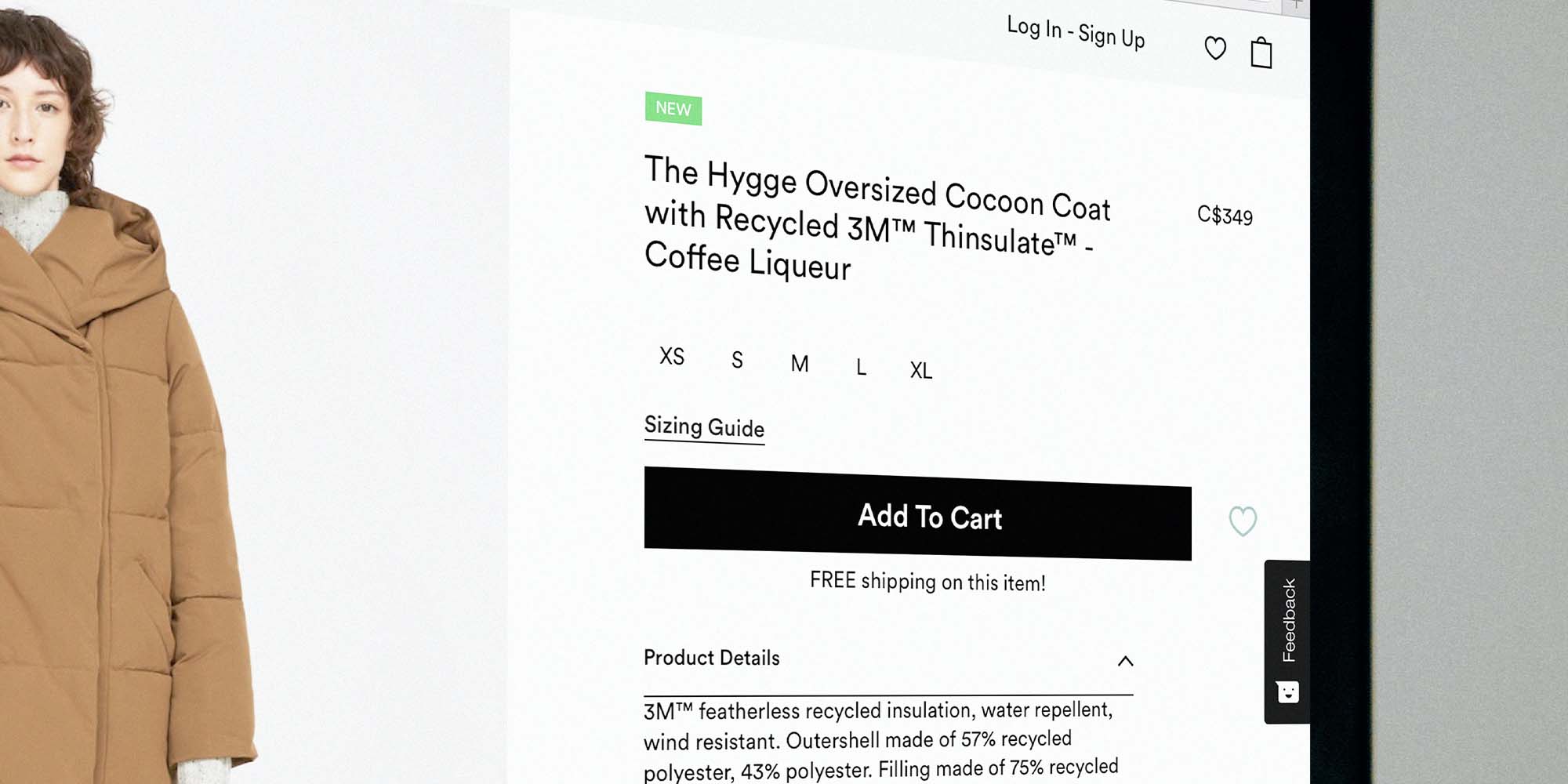Unpacking direct-to-consumer’s positive impact on wholesale
Some digitally-native vertical brands or direct-to-consumer brands are expanding into wholesale. Others are removing their wholesale channel altogether. Read on for more of the implications and what this means for the industry.

Some digitally-native vertical brands or direct-to-consumer brands are expanding into wholesale. Others are removing their wholesale channel altogether. Read on for more of the implications and what this means for the industry.
Many brands, especially digitally native vertical brands (DNVBs), have received much press and fanfare for either launching direct-to-consumer (DTC) or leaving wholesale behind completely to take up DTC-only business models. Following the success of these DTC companies spanning fashion, beauty, wellness, travel and more (including Glossier, Casper, Everlane and Away), it’s no wonder scores are following suit. However, the results of a few don’t paint the entire picture. In reality, most brands see far greater results incorporating wholesale partners into their business plans.
Let’s unpack the realities of the direct-to-consumer business…
Primary Benefits
Creative Control: Privately-owned DTC businesses have unrestricted creative control over brand messaging, advertising, merchandising, product design and more.
Higher Product Margins: These companies also see more robust product margins in the absence of middleman retailer partners.
Unfiltered, Direct Consumer Data: Finally, data-first DTC brands have access to valuable insights- whether from interacting with consumers at physical touchpoints or cultivating data from consumer purchases, communications and activity online.
The significance of these benefits cannot be denied. Still, it’s important to consider the intrinsic challenges of running DTC-only businesses.
The Main Concerns
Higher Customer Acquisition Costs:Wholesale brands benefit from free and/or reduced cost joint marketing efforts with retailer partners. DTC businesses, particularly DNVBs, primarily rely on digital advertising efforts and digital customer acquisition costs (CAC) which are dramatically on the rise. According to research by ProfitWell, CAC increased by nearly 50% from 2013-2018.
Modest Distribution:
Wholesale businesses benefit from the ability to exponentially increase distribution without the significant investment costs of opening up wholly-owned brick-and-mortar stores.
Brands sold in multi-brand retail stores are able to quickly earn consumer trust, thanks to affiliations with already-established, reputable wholesale partners.
The Best of Both Worlds: Your Wholesale and DTC Business
The logistics company, Bringg, reports that 48% of manufacturers are leveraging DTC channels as revenue-boosting opportunities. However, with rising customer acquisition costs in an ever-saturated market, the benefits of a multi-pronged sales strategy incorporating both DTC and wholesale are quite clear.
Data gleaned from DTC channels may be used to further personalize communications and product offerings for consumers, one of the most significant pain points among everyday shoppers. A Salesforce and Publicis.Sapient study found 64% perceive retailers as not knowing who they really are- an excellent opportunity to shine in product development, customer service and marketing and advertising. Therefore, it is imperative for brands to devote themselves to direct-to-consumer channels for the advantages of firsthand consumer research and feedback, increased profit margins and opportunities for experimentation and experiential retail activations. Brands should also dedicate their efforts to wholesale, the most viable route for growing to scale.
Wholesale partners provide brands access to extensive distribution, marketing (through retailers’ own sales channels, catalogs, direct mailers, in-store promotional material...) and the credibility of working with some of the most desirable and well-respected retailers in the world. It’s why some of the industry’s most successful digitally-native brands have made the pivot to exclusive wholesale distribution while continuing to support their DTC e-commerce, brick-and-mortar and pop-up channels- DNVBs as prominent as Bonobos and Reformation included.
Pivoting to Wholesale
B2B wholesale e-commerce is the ideal solution for automating orders and payment processing for 24/7 access by buyers around the globe. Brands are equipped with the ability to produce merchandise-targeted product stories (by season or personalized for specific markets or stores) and share custom linesheets all year round. Presenting new collections or product stories to buyers may be quickly improved, leveraging insights including order history, inventory, email campaign analytics and more.
To discover how NuORDER can help you automate your wholesale business, request a demo or reach out to your account manager today.
Related articles
Get on the list
Wholesale tips and industry news you can’t miss, delivered weekly
